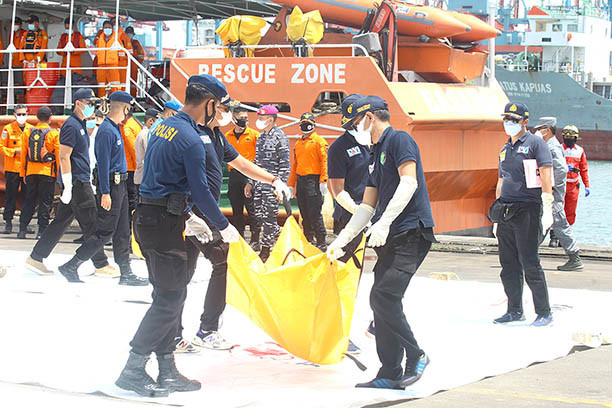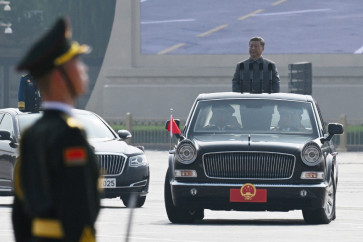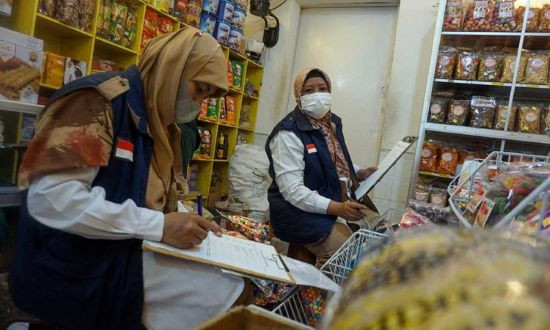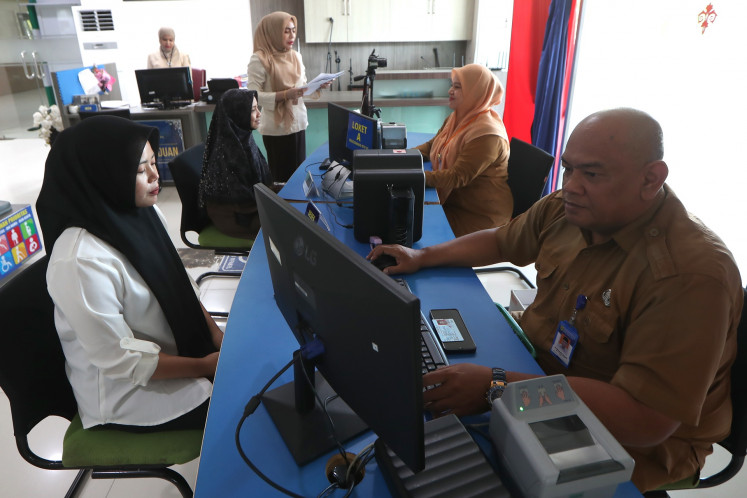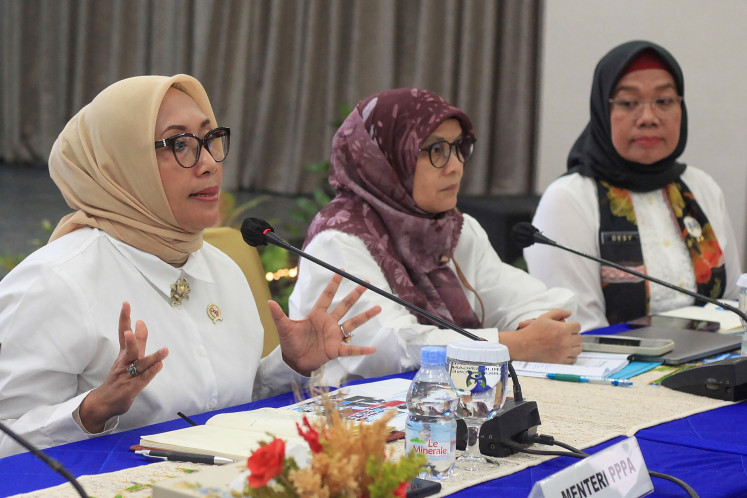Popular Reads
Top Results
Can't find what you're looking for?
View all search resultsPopular Reads
Top Results
Can't find what you're looking for?
View all search resultsProtecting families of Sriwijaya Air crash passengers, crew
Sriwijaya Air will not lose a penny; it only needs to claim the insurance so the compensation can be paid immediately.
Change text size
Gift Premium Articles
to Anyone
T
he national aviation industry is once again in mourning after Sriwijaya Air flight SJ182, serving the Jakarta-Pontianak route, crashed in the Java Sea near Thousands Islands regency on Jan. 9. The plane was carrying 56 passengers and 6 crew members when the tragedy occurred.
In connection with the accident, it must be pointed out that the victims’ families have a right to compensation. The government should uphold this right through exercising partiality for the victims and assure the transparency of the process in the highly regulated industry. President Joko Widodo’s instruction thus far reflects this approach and its implementation must be closely watched.
Aviation laws around the world do their best to try and protect passengers as the weakest party in the equation, and by extension, their next of kin. One means to do this is by regulating plane crash compensation.
In our Aviation Law – specifically for domestic flights in this case – the first stage (tier 1) of an airline’s liability for the death of a passenger on an aircraft is compensation of Rp 1.25 billion (US$89,524) as regulated in Transportation Ministerial Regulation No. 77/2011.
This exact amount is to be given to the deceased passenger’s next of kin, regardless of the passenger’s age, gender or occupation. The (legal principle) as regards aviation passenger liability during a domestic flight is that all lives shall be treated equally.
The purpose of this legal safety net is to ensure that the bereaved families can continue to lead proper lives in the case that the deceased passenger was the breadwinner. On the other hand, this amount may be insufficient for the next of kin if the victim earned a high income. In such cases, both personal and travel insurance play a role.
It should be noted that Article 165, paragraph (2) of Law No. 1/2009 on Aviation mandates the airline to pay the compensation in full to the victim’s family. As a result, any additional compensation from state insurance companies Jasa Raharja or BPJS Ketenagakerjaan is supplementary to the legally determined amount.
Logically, this should pose no problem, since the ministerial regulation requires every Indonesian airline to be insured. Sriwijaya Air will not lose a penny; it only needs to claim the insurance so the compensation can be paid immediately.
Domestic law on the liability of airlines for passengers does indeed comply with the Warsaw Convention 1929 and the Montreal Convention 1999. However, not all provisions have been carried over into Indonesian regulation. One of these concerns advance payment for injury or death.
One of the bases for the advance payment scheme is the high funeral costs in certain countries. Besides, this scheme is intended to help bereaved families pay routine expenses, as they may be severely impacted by the sudden loss of income.
For example, if the victim’s children are still in school, advance compensation can ensure that they can continue their education. The same goes for mortgage payments, loans and other household costs. If a member of the bereaved family develops a mental health disorder or requires trauma therapy, or in the worst-case scenario, must stop working as a result, advance payments come to the rescue.
Highlighting the fact that passenger compensation and the potential for prolonged dispute, and learning from the Lion Air JT610 crash in 2018, what the government can do is accelerate insurance payouts from Jasa Raharja and BPJS Ketenagakerjaan. If this can be done quickly, the policies could fill the void left by the lack of advance payments under Indonesia’s Aviation Law.
Hopefully, once the disaster victim identification (DVI) result for each individual is completed, including cross-verification with the passenger manifest, the government will immediately see to the provision of this payout. This urgency is real, considering the double-impact of the air disaster and the pandemic on the families. This could at least reduce the suffering of the victim's family.
It is also hoped that this accident will present an occasion for the government to adopt the advance payment scheme, although it has so far not signaled any intention to do so by revising the ministerial regulation.
Furthermore, the government should also increase the compensation threshold, as the compensation amount has remained unchanged after 10 years of implementation, during which inflation has accumulated.
Compensation is not merely about the number, but also time. Do not confuse obligations and rights with words like “fate” and “surrender”. More specifically, one should not attempt to avoid one’s responsibility by using religious jargon. The government should advocate for the victims’ families so they remain human subjects, rather than objects.
Pilots and crew members may also use this occasion to review the insurance provided by their airlines, ideally through a workers union to ensure equal bargaining position. Given that pilots and crew members are excluded from “passengers” as defined in the ministerial regulation and are thus not entitled to plane crash compensation, the amount stated on their insurance policy is important as regards guaranteeing the living of the family they leave behind. The coverage from BPJS Ketenagakerjaan and Jasa Raharja alone is not sufficient.
The families of pilots and crew members are just as important as the families of passengers. Hopefully, the government will also advocate for their right to compensation for the sake of a better aviation industry.
***
The writer is faculty member specializing in air and space law at the International Business Law Program of Universitas Prasetiya Mulya, and member of the German Aviation Research Society (GARS).

